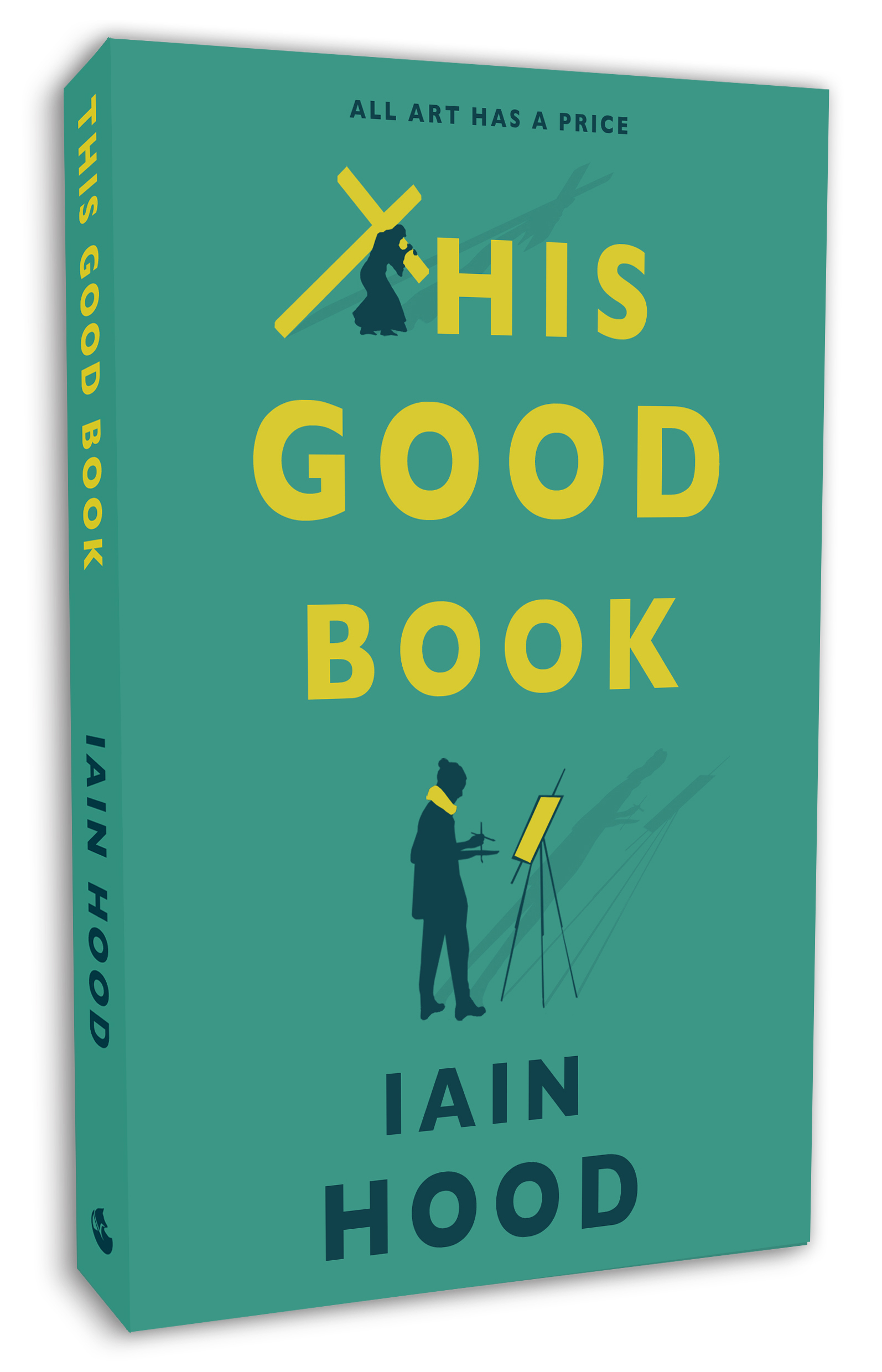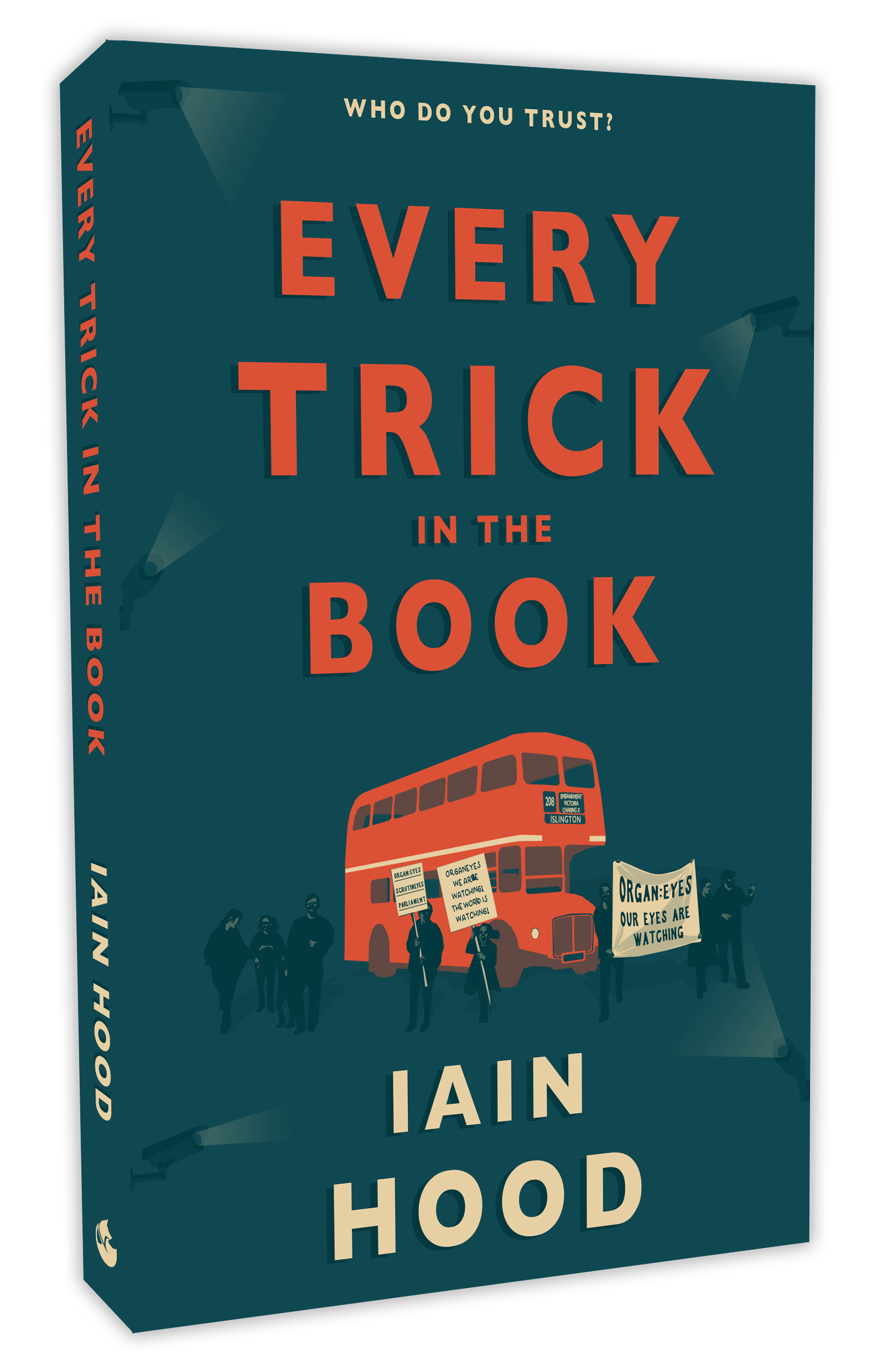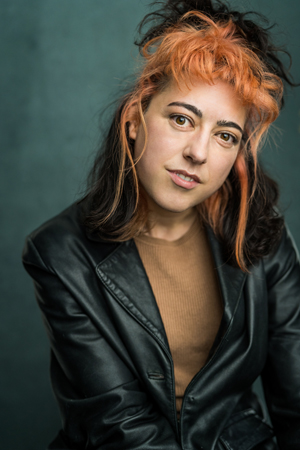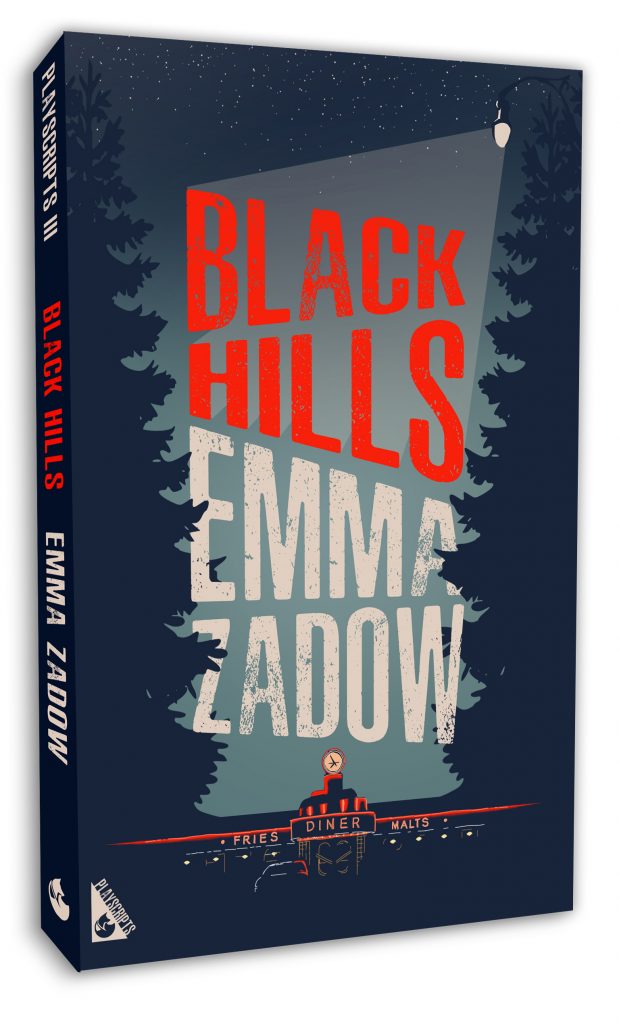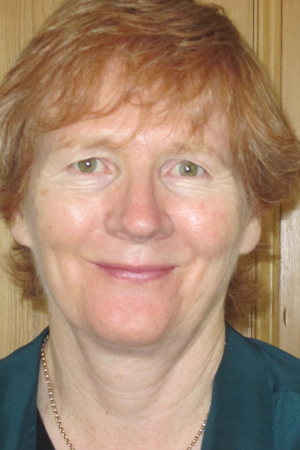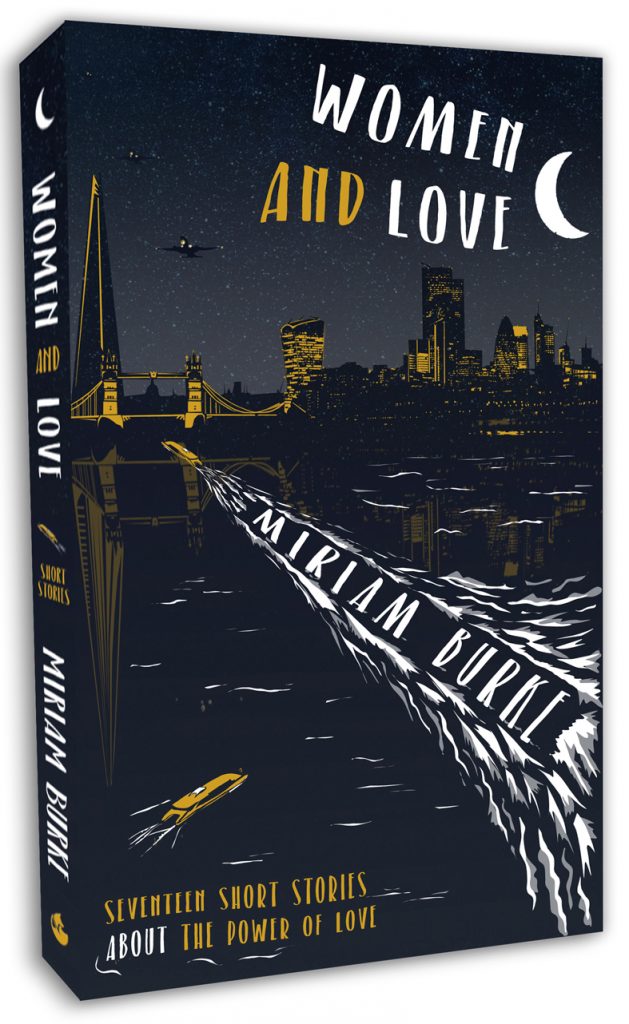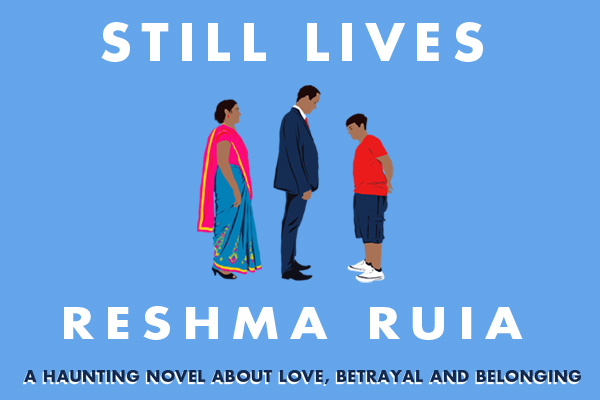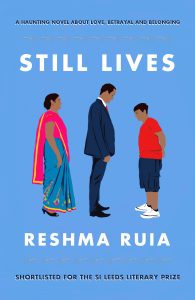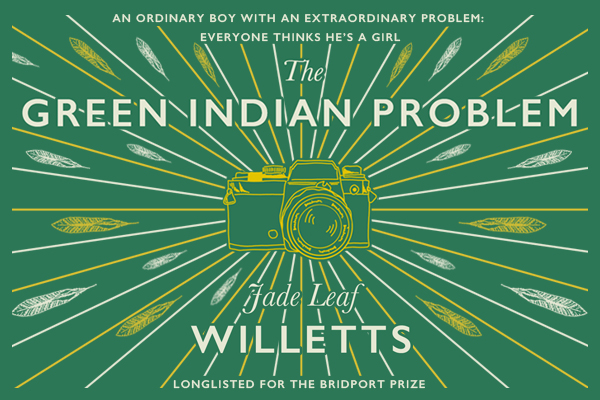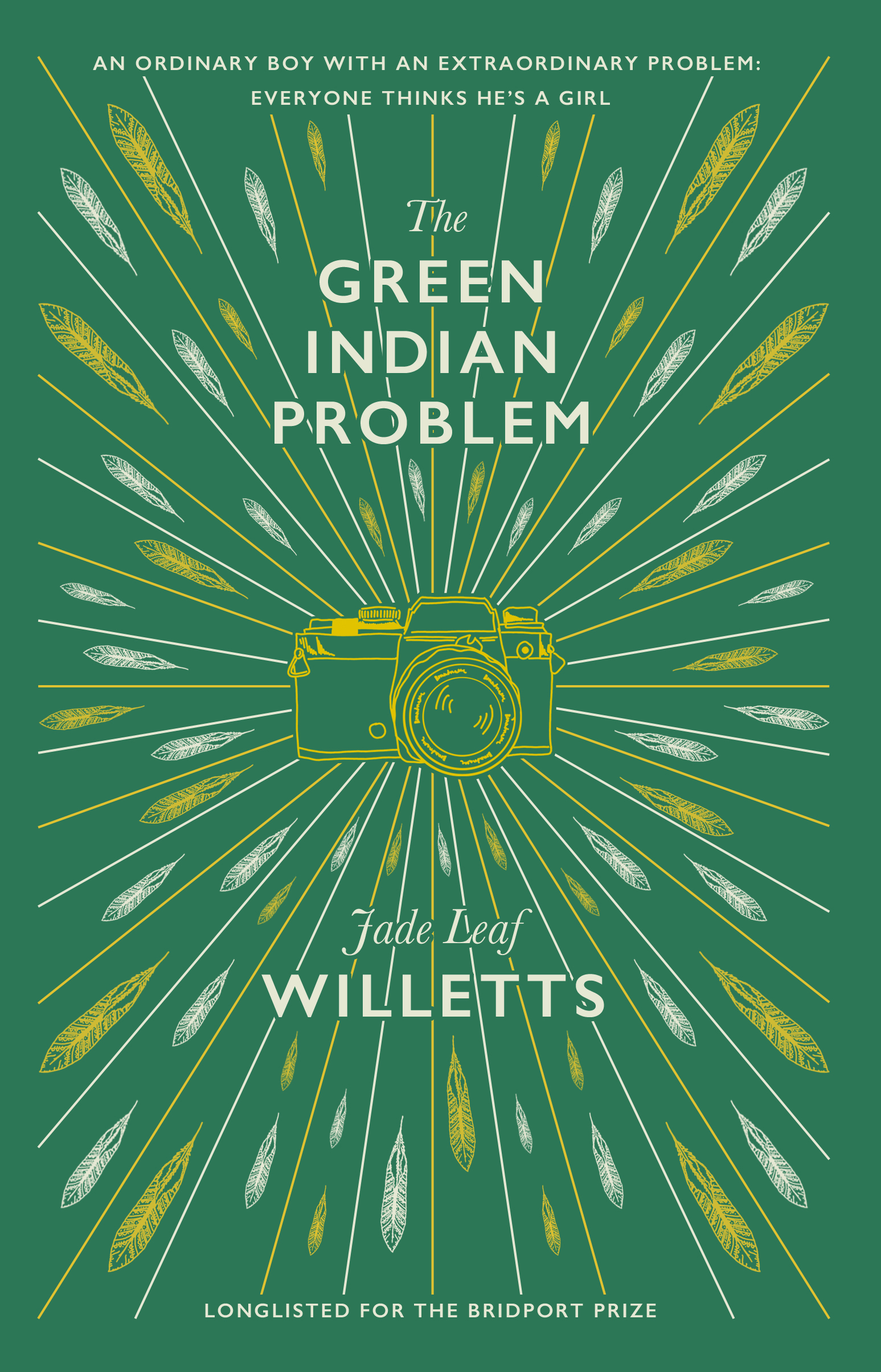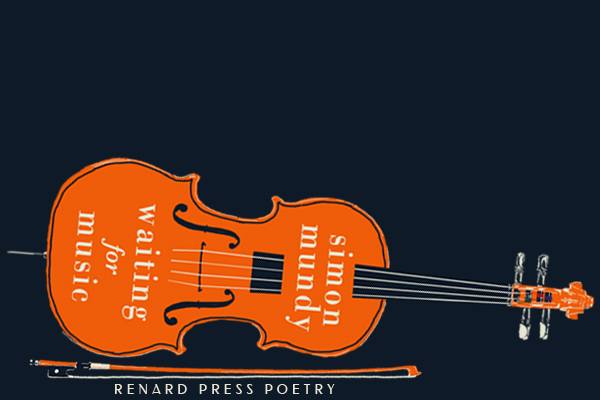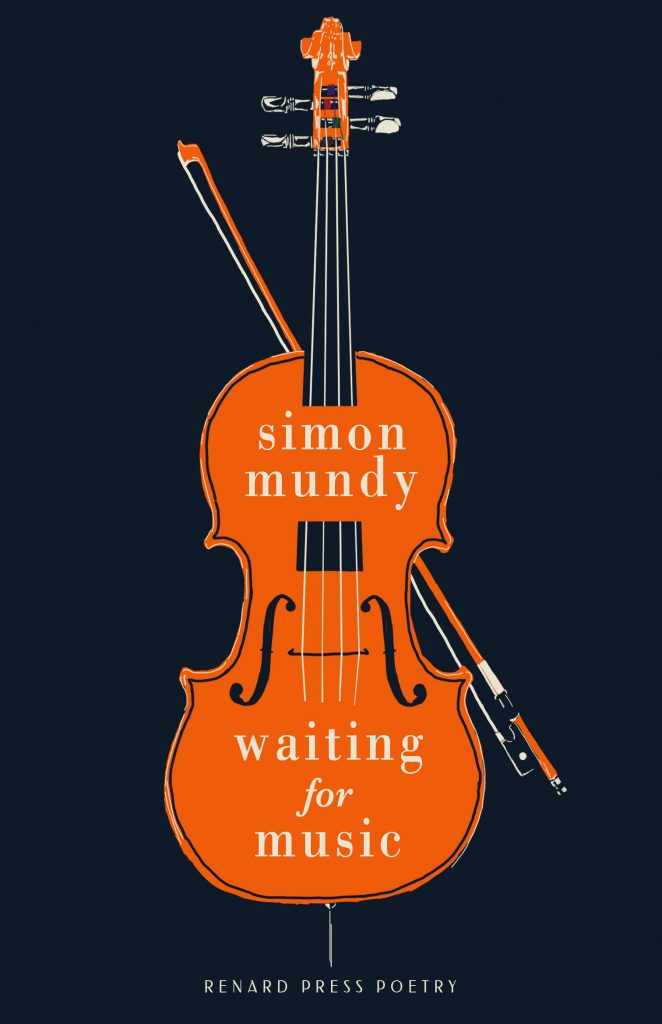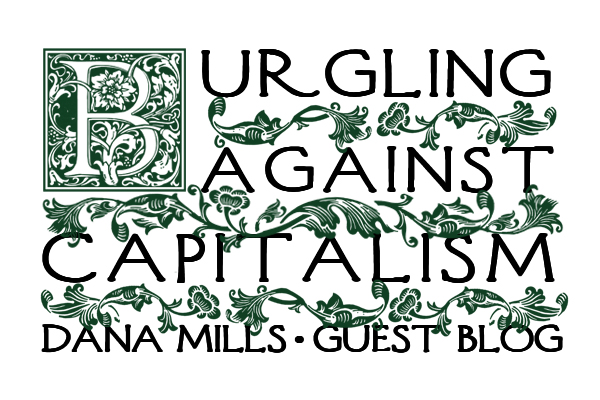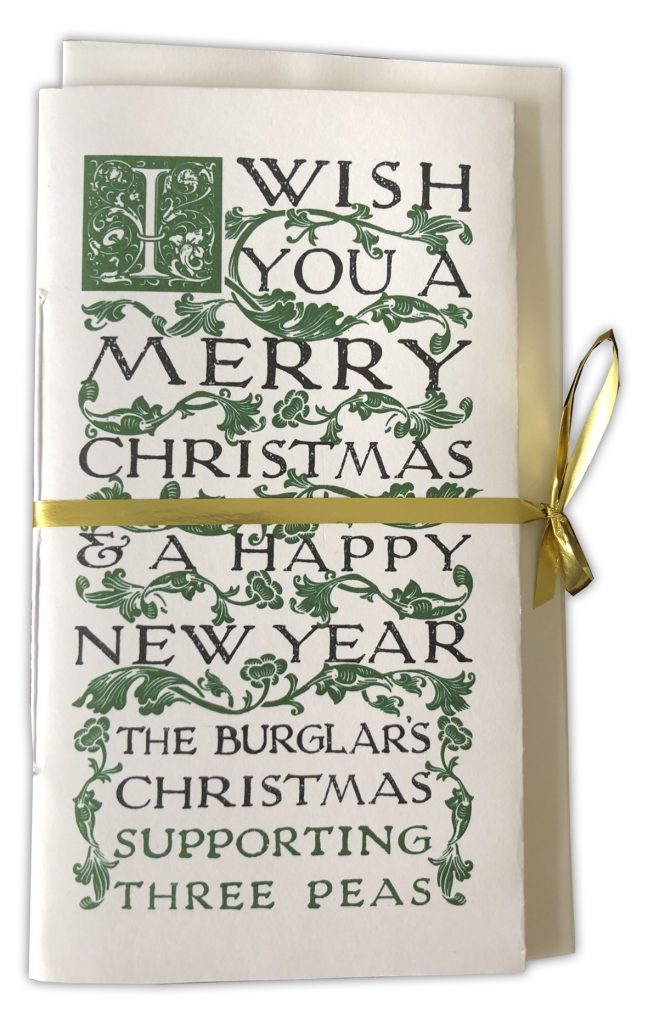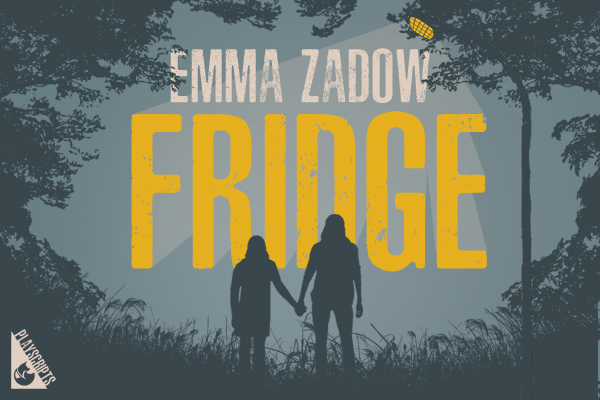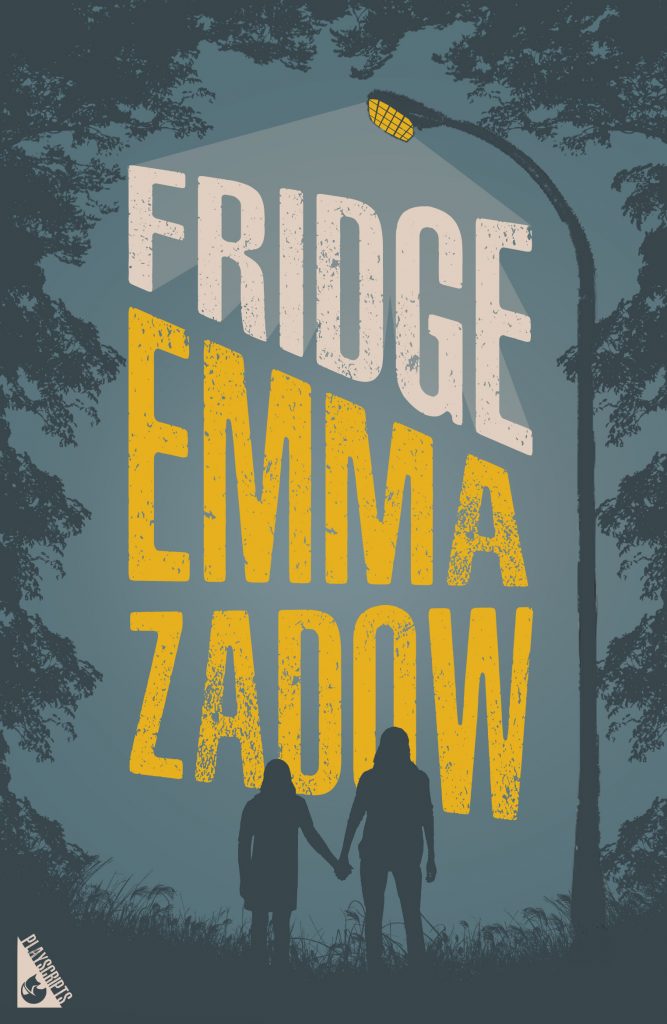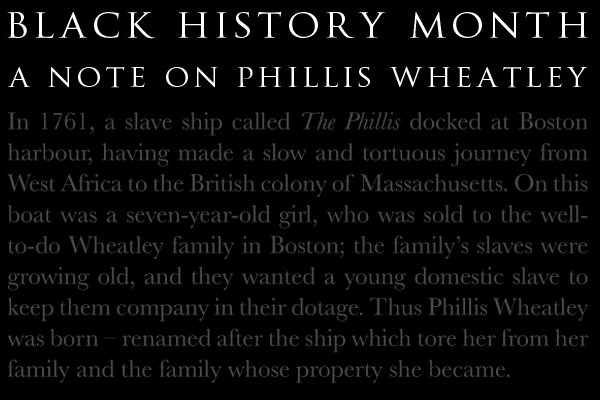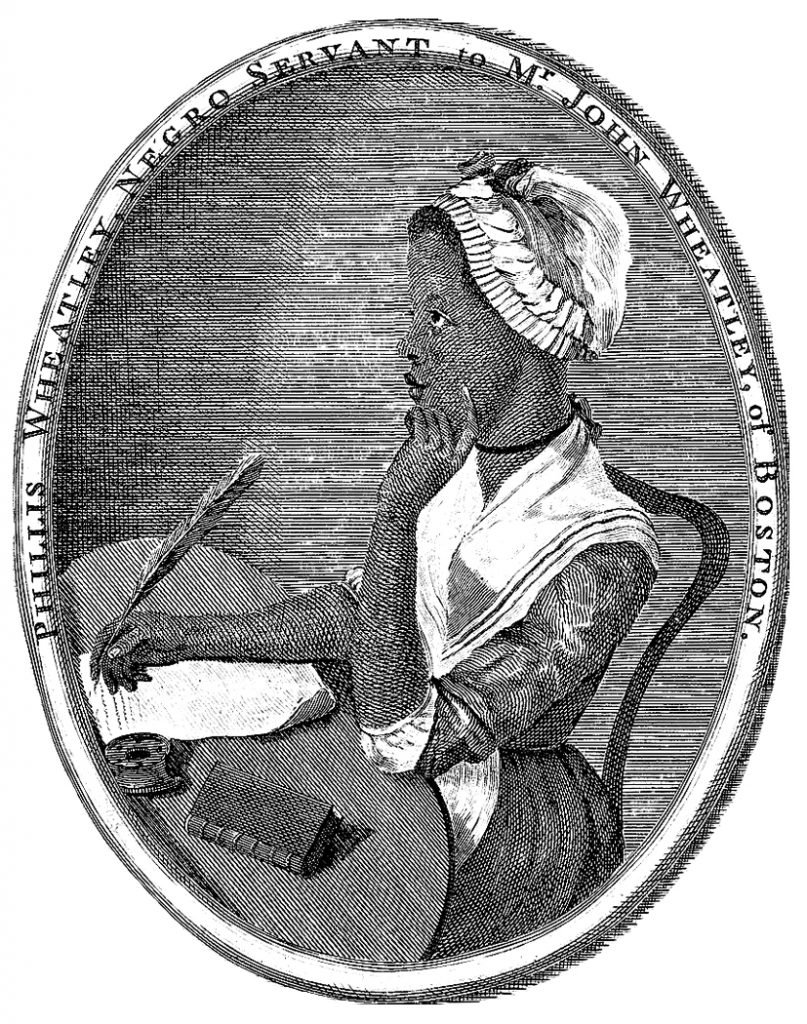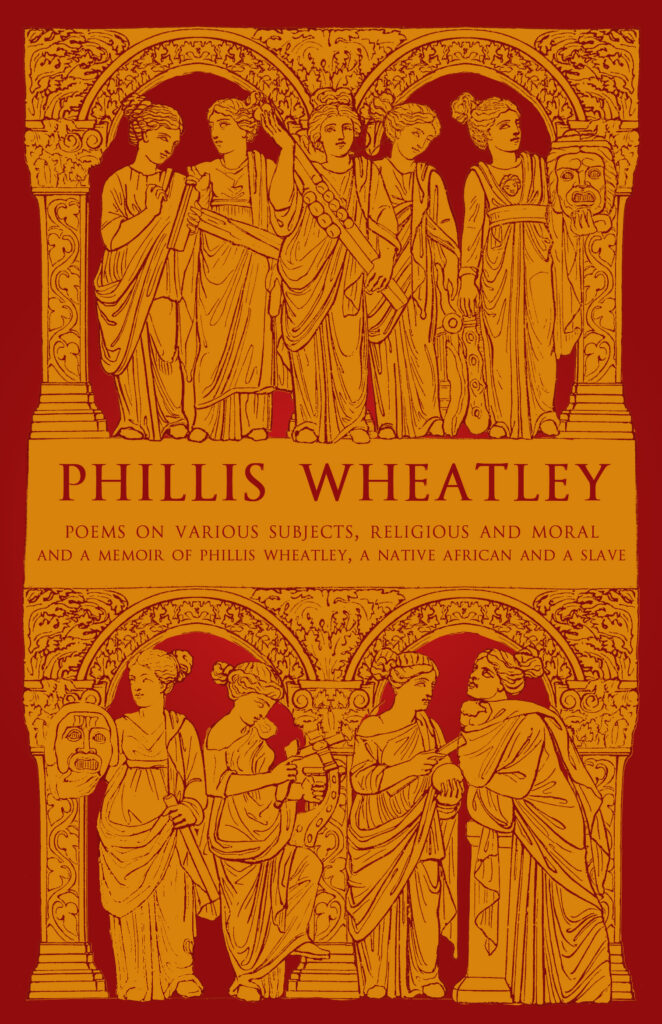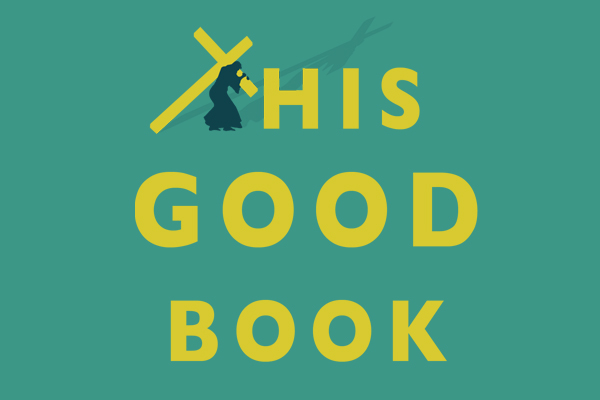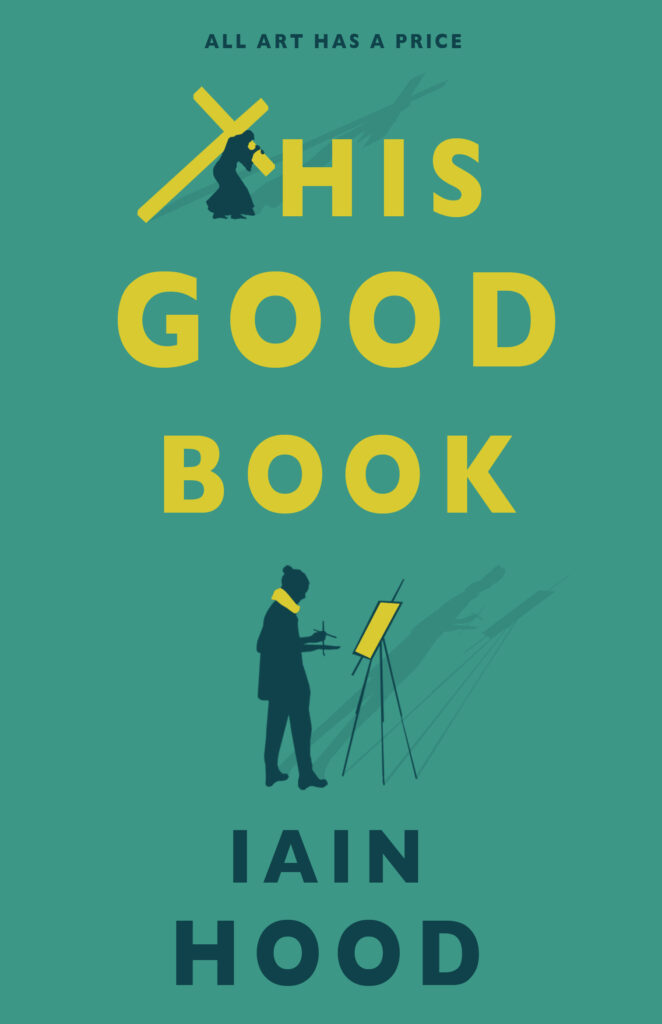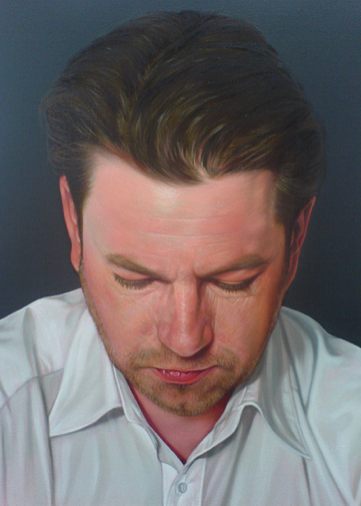
Iain Hood was born in Glasgow and grew up in the seaside town of Ayr. He attended the University of Glasgow and Jordanhill College, and later worked in education in Glasgow and the west country. He attended the University of Manchester after moving to Cambridge, where he continues to live with his wife and daughter. His first novel, This Good Book, was published by Renard in 2021, and his second novel, Every Trick in the Book will be published in September 2022.
We caught up with Iain to talk about… well, all sorts, but not least This Good Book.
What inspired you to write This Good Book?
I wrote another book in which I based some scenes on memories of my student days in Glasgow in the 80s, and I drew a brief portrait of two twenty-year-olds walking through Glasgow on a Sunday, along Kirklees Road… I wanted to think and write more about characters like these, and they came to be a sort of proto-Susan Alison and proto-Douglas. Also, This Good Book grew out of energy and the vision of the artists, writers and musicians of that unique time in Glasgow in the 80s and 90s. (A writer friend suggested this line as, she says, these questions should serve as advertisements for the book, but she was also right on the money.) More than anything, though, I build books out of other books, other stories. Here are some that I thought about as a I wrote This Good Book: Trocchi’s Young Adam; Robinson’s Gilead; Wallace’s This is Water and Good Old Neon; the New Testament; Spark’s The Ballad of Peckham Rye and The Prime of Miss Jean Brodie and all of her books, in fact; I have Camus’ The Outsider on this list which I drew up as I wrote the book, though the connection now eludes me; and, finally, Warner’s Morvern Callar.
Are there any main themes or points you want the reader to take away from your book?
I was talking to my pastor (I have a pastor the way the POTUS must) about what my point was with the book, and talking to him, where I got to was I wanted Christians to become atheists… and atheists to become Christians, and Christians become Muslims, and atheists become more atheist, and Christians become more Christian and Muslims become… Well, you get the picture: just for everyone to think, and not even for them to think and change, but just pause for a moment in their thinking, just pause and think. That’s the point.
Which other writers do you most admire and why? Are there any books which have changed your life?
It would be wrong of me, given my preparations to be in Dublin again for Bloomsday this centenary year of the publication of Ulysses, to say anything other than Joyce’s book, which utterly changed my life when I first read it, uncomprehendingly the first few times, at the age of 17 and 18. I got to the bit in Ulysses that usually ends the whole game for most readers, ‘Ineluctable modality of the visible: at least that if no more, thought through my eyes’, and I thought, I want to know what these words mean! Though, really, perhaps Portrait of the Artist hedges it because I read that age 15 or 16 and it encouraged me to go on to read Ulysses.
What’s the best piece of writing advice you’ve ever received?
‘The first draft of anything is always shit.’ Hemingway, allegedly.
‘Aux yeux de ces amateurs d’inquiétude et de perfection, un ouvrage n’est jamais achevé, – mot qui pour eux n’a aucun sens, – mais abandonné ; et cet abandon, qui le livre aux flammes ou au public (et qu’il soit l’effet de la lassitude ou de l’obligation de livrer) est une sorte d’accident, comparable à la rupture d’une réflexion, que la fatigue, le fâcheux ou quelque sensation viennent rendre nulle.‘ (In essence: ‘A book is never finished, it’s abandoned.’) Valèry.
‘A writer writes, always.’ Throw Momma from the Train.
If you could offer a budding writer one piece of advice, what would it be?
You’re brilliant and you can do it!
What drew you to your genre?
It’s not so much a genre, but I think of This Good Book as a Muriel Spark novel, in tone, at least. What’s not to be drawn to?
What’s the strangest job (besides writing) that you’ve ever had?
At a vulnerable point in my life I was drawn into the sphere of a gang of evil experimental psychologists who were investigating the connection between alcohol and violence. While being covertly filmed, I was employed to noise up drunk people playing Tetris on a computer by pulling the plug on the computer without warning to see if they would hit me. This is a true story.
Where do you write?
Everywhere.
What’s the best place to read?
Anywhere.
You’re hosting a literary dinner party. Which famous writer (from any point of history) do you invite?
It would be Muriel Spark, though the thought scares me and makes me anxious.
What’s the background music at your dinner party?
Mogwai. Spark: ‘What IS that infernal noise?’
Any outlandish hobbies?
Planning books I’ll never write?
What’s next?
Every Trick in the Book, to be published in September 2022. A genre-deconstructing novel that explodes the police procedural and undercover-cop story with nouveau-romanish glee. An alchemical trick of adding Perec, Captain Beefheart and His Magic Band and Met Police scandals to Virginia Woolf and FOOF!! The whole thing blows up in your face!
‘Sometimes I wonder, if I had known that it was going to take me fourteen years to paint this painting of the Crucifixion with Douglas as Jesus, and what it would take for me to paint this painting, would I have been as happy as I was then?’
Susan Alison MacLeod, a Glasgow School of Art graduate with a dark sense of humour, first lays eyes on Douglas MacDougal at a party in 1988, and resolves to put him on the cross in the Crucifixion painting she’s been sketching out, but her desire to create ‘good’ art and a powerful, beautiful portrayal means that a final painting doesn’t see the light of day for fourteen years.
Over the same years, Douglas’s ever-more elaborately designed urine-based installations bring him increasing fame, prizes and commissions, while his modelling for Susan Alison, who continues to work pain and suffering on to the canvas, takes place mostly in the shadows. This Good Book is a wickedly funny, brilliantly observed novel that spins the moral compass and plays with notions of creating art.

‘There’s only control, control of ourselves and others. And you have to decide what part you play in that control.’
Cast your eye over the comfortable north London home of a family of high ideals, radical politics and compassionate feelings. Julia, Paul and their two daughters, Olivia and Sophie, look to a better society, one they can effect through ORGAN:EYES, the campaigning group they fundraise for and march with, supporting various good causes.
But is it all too good to be true? When the surface has been scratched and Paul’s identity comes under the scrutiny of the press, a journey into the heart of the family begins. Who are these characters really? Are any of them the ‘real’ them at all? Every Trick in the Book is a genre-deconstructing novel that explodes the police procedural and undercover-cop story with nouveau romanish glee. Hood overturns the stone of our surveillance society to show what really lies beneath.













